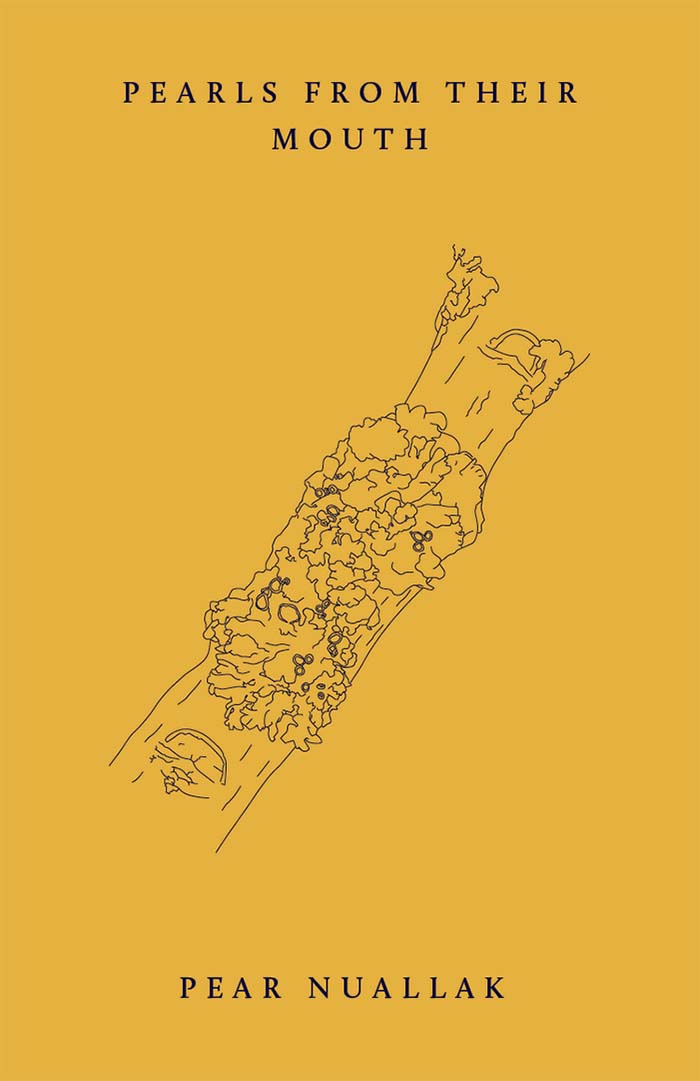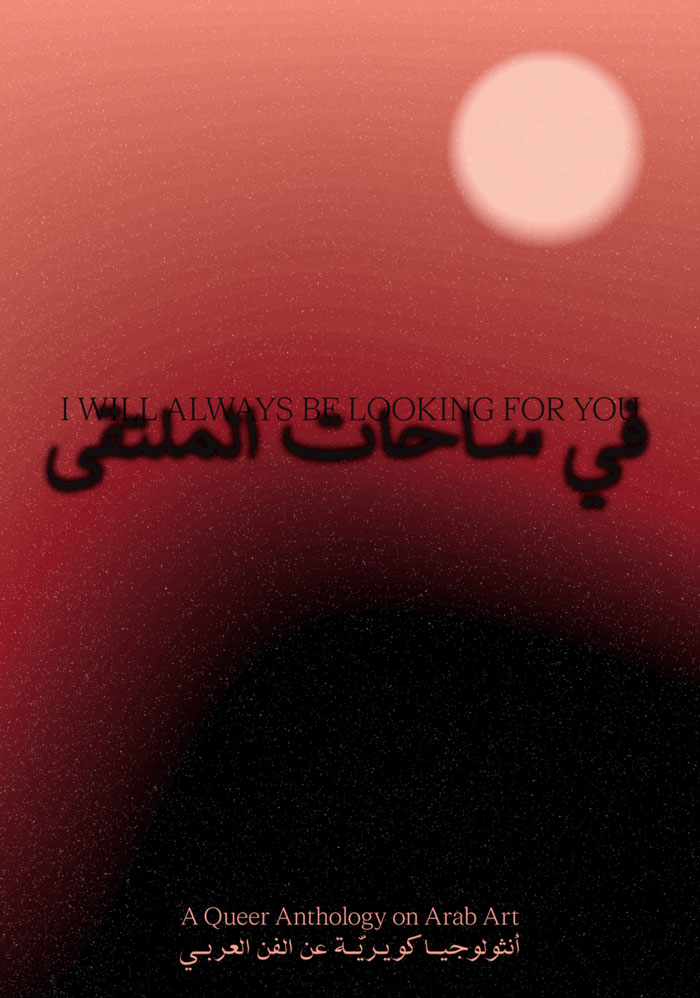
Transgender Warriors: Making History from Joan of Arc to Marsha P. Johnson and Beyond
This groundbreaking book, far ahead of its time when first published in 1996 and still galvanizing today, interweaves history, memoir, and gender studies to show that transgender people, far from being a modern phenomenon, have always existed and have exerted their influence throughout history. Leslie Feinberg, hirself a lifelong transgender revolutionary, reveals the origin of the check-one-box-only gender system and shows how zie found empowerment in the lives of transgender warriors around the world, from the Two Spirits of the Americas to the many genders of India, from the trans shamans of East Asia to the gender-bending Queen Nzinga of Angola, from Joan of Arc to Marsha P. Johnson and beyond.
Language: English





